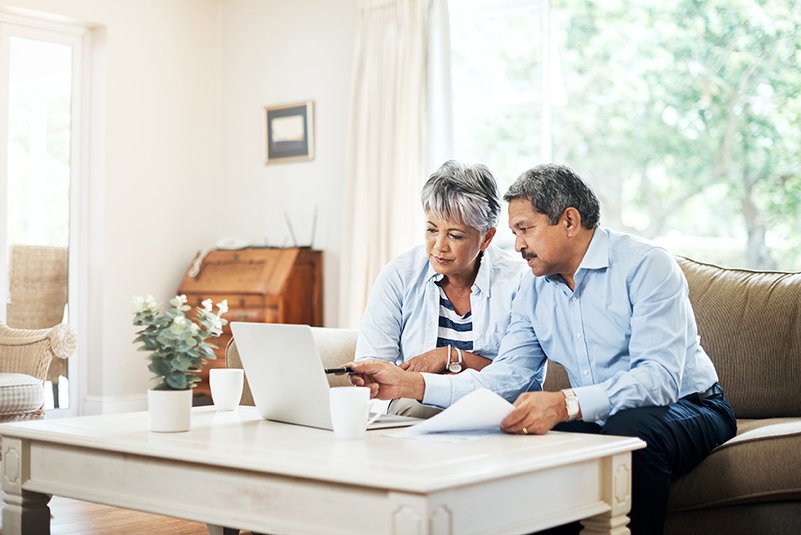Get support with your plans
Making the right decisions for your retirement can be complicated. Our retirement specialists are on hand provide you with:
- free guidance to help you make informed decisions
- paid-for advice that’s based on your circumstances
- pension and retirement income planning
- support when accessing or moving your pension pot
- Lump sum allowance calculation
You can call us on 0800 860 0048 for a no obligation discussion about the level of support you need. We’re open 9am to 5pm, Monday to Friday.
You may also want to contact the Government’s Pension Wise service which offers free, impartial guidance to help you understand your options at retirement. You can access their guidance online at moneyhelper.org.uk or over the telephone on 0800 011 3797.





